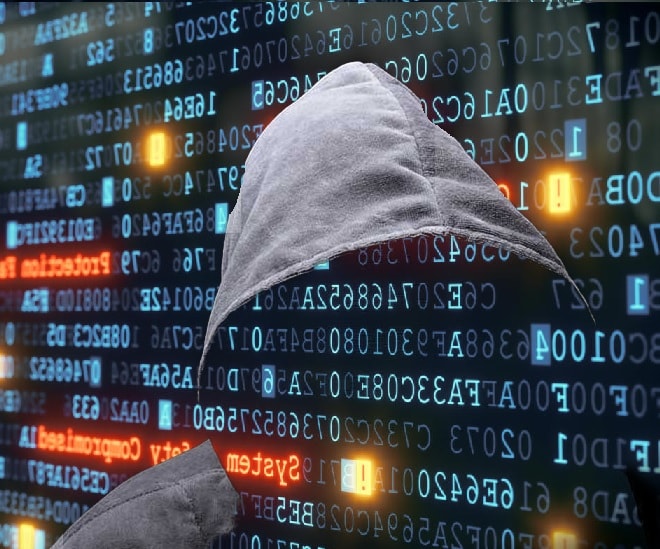Author: Davy Winder
The views of the Author are not necessarily the views of Enigmose
After the FBI classified ransomware threats to publish stolen data relating to President Trump as terrorism, the REvil cybercrime gang has pushed back by publishing the first batch of emails.
On May 15, I reported that the notorious ransomware hackers known as REvil or Sodinokibi had claimed to have "dirty laundry" on President Trump following the successful theft of data from a New York law firm. Having already published legal documents connected to Lady Gaga on the dark web as proof of their intent, the gang threatened to publish Trump's dirty laundry if the biggest cyber-ransom ever, $42 million (£34.6 million), wasn't paid.
"The next person we'll be publishing is Donald Trump," the gang stated, "There's an election race going on, and we found a ton of dirty laundry on time. Mr. Trump, if you want to stay president, poke a sharp stick at the guys, otherwise you may forget this ambition forever."
I updated that report on May 16, with news that a statement by the Grubman, Shire, Meiselas and Sacks law firm suggested the FBI had classed this as an act of terrorism. As such, the statement read, "negotiating with or paying a ransom to terrorists is a violation of federal criminal law."
That would appear to have got the REvil cybercrime gang angry enough to push back and publish the "first part, with the most harmless information" of that Trump data.
In a long and rambling rant, in broken English, and forwarded to me by Callow, the REvil operators pushed back yesterday afternoon. Seemingly triggered by the terrorism classification, they wrote:
"We read the position of the authorities. Declare this an act of terrorism. Your position is your choice. This will not affect our work in any way. It’s just that it can completely erase certain frames that we still observed. But now is not about that. Mr. Lawyer says that Donald has never been their client. And he says that we are bluffing. Oh well. The first part, with the most harmless information, we will post here."
At the end of the new ransom note, there were links to three dark web downloads and a password to access them. "Oh yes, Donald. Here is the first part of data," the criminals said.
Those download links led to a total of 169 emails that all mention Trump in one way or another. True to their word, these were indeed harmless. It looks like they have just searched for any mention of "trump' and lumped those emails together in a file that is about as far from dirty laundry as you can get. Many of them use trump as a verb and those that do mention President Trump only do so in passing. Full Story - FORBES
Are we on the cusp of the first ever cyber world war?
In its quest for global economic and geopolitical domination, America has made many enemies. To help fund 800 military bases all over the world, last year the American taxpayer spent $620 billion on defence, $69 billion for ‘war-funding’ and $10billion on cybersecurity. Military spending represents about 40 per cent of America’s entire global exports trade. However, corporate America describes as derisory the funding for cybersecurity and it is stepping up to the challenge as they get to grips with the threats they now face. As a result of government inaction and under-funding, private sector companies have been forced to take cybersecurity more seriously and, according to some projections, will spend an eye-watering $1 trillion on the digital security of their global operations from now until then end of 2021. Read More
The New Mind Control. “Subliminal Stimulation”, Controlling People without Their Knowledge
The internet has spawned subtle forms of influence that can flip elections and manipulate everything we say, think and do
Most of us have heard of subliminal stimulation, the presentation of short messages that tell us what to do but that are flashed so briefly we aren’t aware we have seen them. In 1974, the Federal Communications Commission opined that the use of such messages was ‘contrary to the public interest’. Legislation to prohibit subliminal messaging was also introduced in the US Congress but never enacted. Both the UK and Australia have strict laws prohibiting it.
...Packard had uncovered a much bigger problem, however – namely that powerful corporations were constantly looking for, and in many cases already applying, a wide variety of techniques for controlling people without their knowledge. Read More

